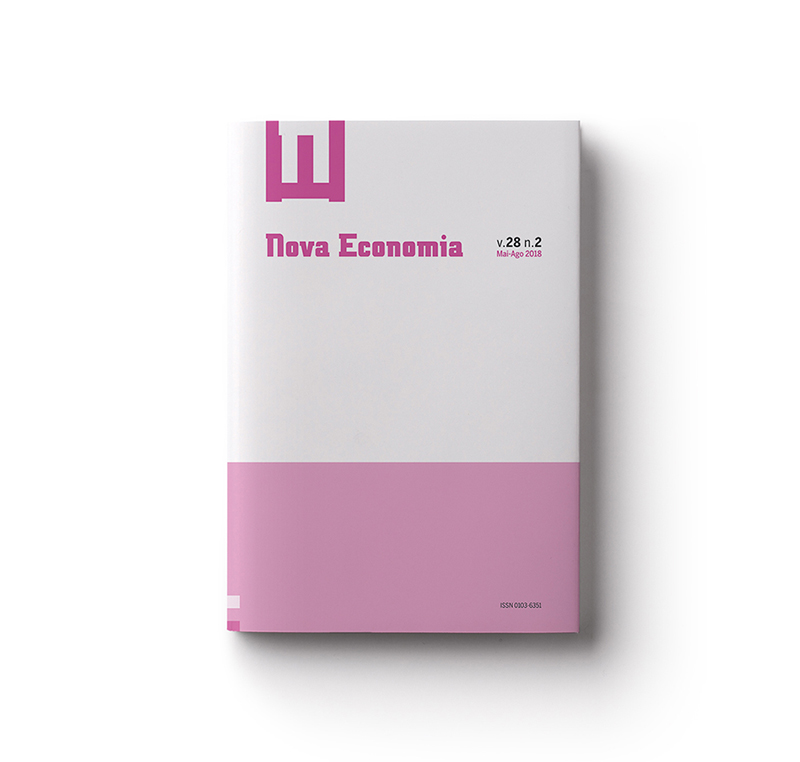A tradição de debates na Grã-Bretanha e a nova economia política
William Thompson e John Stuart Mill na Sociedade Cooperativa de Londres em 1825
Resumo
O artigo analisa o debate entre William Thompson e John Stuart Mill ocorrido na Sociedade Cooperativa de Londres em 1825 a respeito das vantagens do cooperativismo face ao sistema competitivo. O contexto geral da controvérsia é apresentado por meio de uma revisão histórica da tradição de debates entre os trabalhadores britânicos. Após, as doutrinas filosóficas de Jeremy Bentham e Robert Owen são delineadas por se tratarem das duas principais forças de mudança social no país nos anos de 1820, as quais viriam a colidir durante o enfretamento na Sociedade Cooperativa. Na sequência, examinam-se as ideias de William Thompson sobre a distribuição de renda e os males morais derivados da concorrência. Finalmente, revisa-se a abordagem de John Stuart Mill para tais temas, mostrando-se que a sua concepção básica da liberdade individual não se modificou ao longo de sua vida, a despeito de sua posterior concordância acerca dos benefícios do cooperativismo. As conclusões realçam a originalidade dos elementos teóricos utilizados no debate.
Downloads
Publicado
Como Citar
Edição
Seção
Licença
Autore[a]s que publicam nesta revista concordam com os seguintes termos:
- Autore[a]s mantém os direitos autorais e concedem à revista o direito de primeira publicação, com o trabalho simultaneamente licenciado sob a Licença Creative Commons Atribuição 4.0 Internacional que permite o compartilhamento do trabalho com reconhecimento da autoria e publicação inicial nesta revista.
- Autore[a]s têm autorização para assumir contratos adicionais separadamente, para distribuição não-exclusiva da versão do trabalho publicada nesta revista (ex.: publicar em repositório institucional ou como capítulo de livro), com reconhecimento de autoria e publicação inicial nesta revista.
- Autores têm permissão e são estimulados a publicar e distribuir seu trabalho online (ex.: em repositórios institucionais ou na sua página pessoal) a qualquer ponto antes ou durante o processo editorial, já que isso pode gerar alterações produtivas, bem como aumentar o impacto e a citação do trabalho publicado (Veja O Efeito do Acesso Livre).




